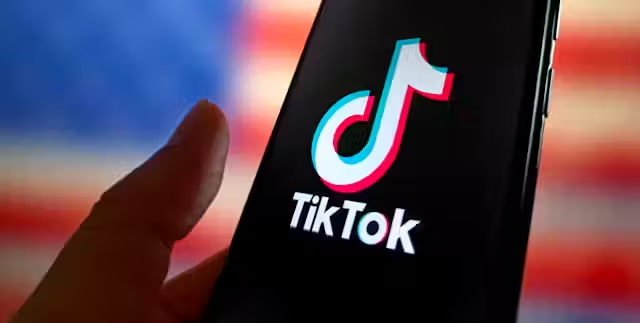In a landmark decision with far-reaching implications for the tech industry and U.S.-China relations, the Supreme Court has upheld a federal law requiring the Chinese-owned social media platform TikTok to divest from its parent company, ByteDance.
The ruling comes amid national security concerns over TikTok’s data collection practices and its potential ties to the Chinese government.
The unanimous decision affirms the Protecting Americans from Foreign Adversary Controlled Applications Act, a law passed by Congress and signed into law by President Joe Biden.
The Act mandates that TikTok’s U.S. operations must be sold to an American company by January 19, 2025, or face a nationwide ban.
The Court ruled that the law does not infringe upon First Amendment rights, emphasizing the government’s compelling interest in safeguarding national security.
Chief Justice John Roberts, writing for the Court, stated, “The United States has a legitimate and urgent interest in protecting its citizens’ data from potential exploitation by foreign adversaries. The law is a necessary and proportionate measure to address these risks.”
Implications for TikTok and ByteDance
TikTok, which boasts over 150 million users in the U.S., has become a cultural and economic phenomenon, providing a platform for creators, businesses, and influencers.
The forced divestiture represents a significant challenge for ByteDance, which has denied allegations of data sharing with the Chinese government.
The company has indicated plans to appeal the decision, citing concerns over free speech and the impact on its global operations.
In a statement, TikTok CEO Shou Zi Chew expressed disappointment with the ruling, stating, “We remain committed to protecting the privacy and creativity of our users while exploring all legal avenues to contest this decision.”
Political and Economic Reactions
The ruling has drawn mixed reactions from policymakers and industry stakeholders. Senate Majority Leader Chuck Schumer hailed the decision as a win for national security, emphasizing the need to “find a U.S. buyer to preserve TikTok’s innovative platform while eliminating the risks of foreign interference.”
However, some lawmakers and civil liberties groups have raised concerns about the potential precedent set by the decision. Critics argue that the government’s actions could stifle innovation and discourage foreign investment in the U.S. tech sector.
What’s Next for TikTok?
The clock is now ticking for TikTok to secure a buyer for its U.S. operations. Analysts suggest that major tech companies like Microsoft, Oracle, or even emerging U.S.-based social media firms could express interest in acquiring the platform.
President Biden has stated that enforcement of the Act’s provisions will fall to the incoming administration of President-elect Donald Trump.
The decision underscores the growing scrutiny of Chinese-owned technology companies in the U.S. and sets a significant precedent for addressing perceived threats from foreign adversaries.
As TikTok’s future in the U.S. hangs in the balance, the platform’s millions of users and creators await clarity on what lies ahead.
